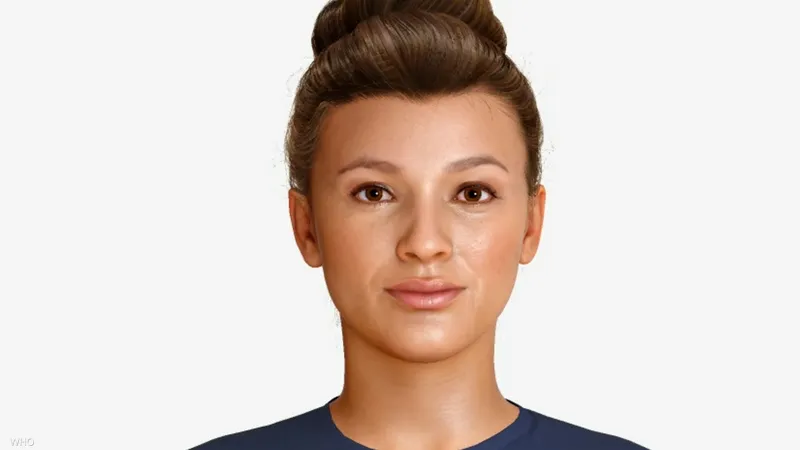
In anticipation of World Health Day, themed ‘My Health, My Right’, the World Health Organisation (WHO) has introduced S.A.R.A.H, a prototype digital health promoter featuring enhanced empathetic responses driven by generative artificial intelligence (AI).
S.A.R.A.H., or Smart AI Resource Assistant for Health, signifies a leap forward in AI-driven health information avatars, utilising state-of-the-art language models and technology. Available in 8 languages and accessible on various devices, it engages users around the clock on diverse health topics.
The WHO’s digital health promoter is adept at delivering information on key health areas, such as healthy habits and mental wellness, facilitating individuals in optimising their health journeys. Its goal is to furnish an additional resource for individuals to exercise their health rights, regardless of their location.
Moreover, S.A.R.A.H., also referred to as ‘Sarah’, possesses the capability to aid individuals in comprehending risk factors associated with major causes of mortality worldwide, such as cancer, heart disease, lung disease and diabetes. It assists in accessing current information concerning tobacco cessation, physical activity, balanced nutrition, and stress management, among other topics.
WHO director-general, Dr. Tedros Ghebreyesus stated, “The future of health lies in digital innovations, and facilitating countries in leveraging digital technologies for health is of utmost importance to WHO,” he added, “S.A.R.A.H. offers a glimpse into how artificial intelligence could revolutionise the dissemination of health information in an interactive manner. I urge the research community to collaborate with us in further exploring the potential of this technology in reducing disparities and facilitating access to reliable health information.”
Now empowered by generative AI, S.A.R.A.H. delivers more precise real-time responses, engaging in dynamic personalised conversations on a large scale, closely resembling human interactions. It furnishes nuanced, empathetic responses to users within a non-judgmental setting. This technology is supported by Soul Machines Biological AI.
WHO advocates for ongoing research into this emerging technology to ascertain its potential benefits for public health while addressing associated challenges. Despite its significant potential, AI raises pertinent ethical concerns, including equitable access, privacy, safety, accuracy, data protection and bias.
Through continuous evaluation and refinement, WHO reaffirms its commitment to disseminating health information while upholding the highest ethical standards and evidence-based content. Developers, policymakers, and healthcare providers must address these ethical and human rights issues to ensure that AI benefits all individuals.
The S.A.R.A.H. project is committed to continual learning and the development of a prototype that provides reliable, responsible and accessible information. Previous versions of S.A.R.A.H., known as Florence, were instrumental in disseminating vital public health messages during the COVID-19 pandemic, covering topics such as the virus, vaccines, tobacco use, healthy eating and physical activity.
WHO continues to utilise numerous digital tools and platforms, including social media, chatbots, channels and text messaging, to amplify health information dissemination.

